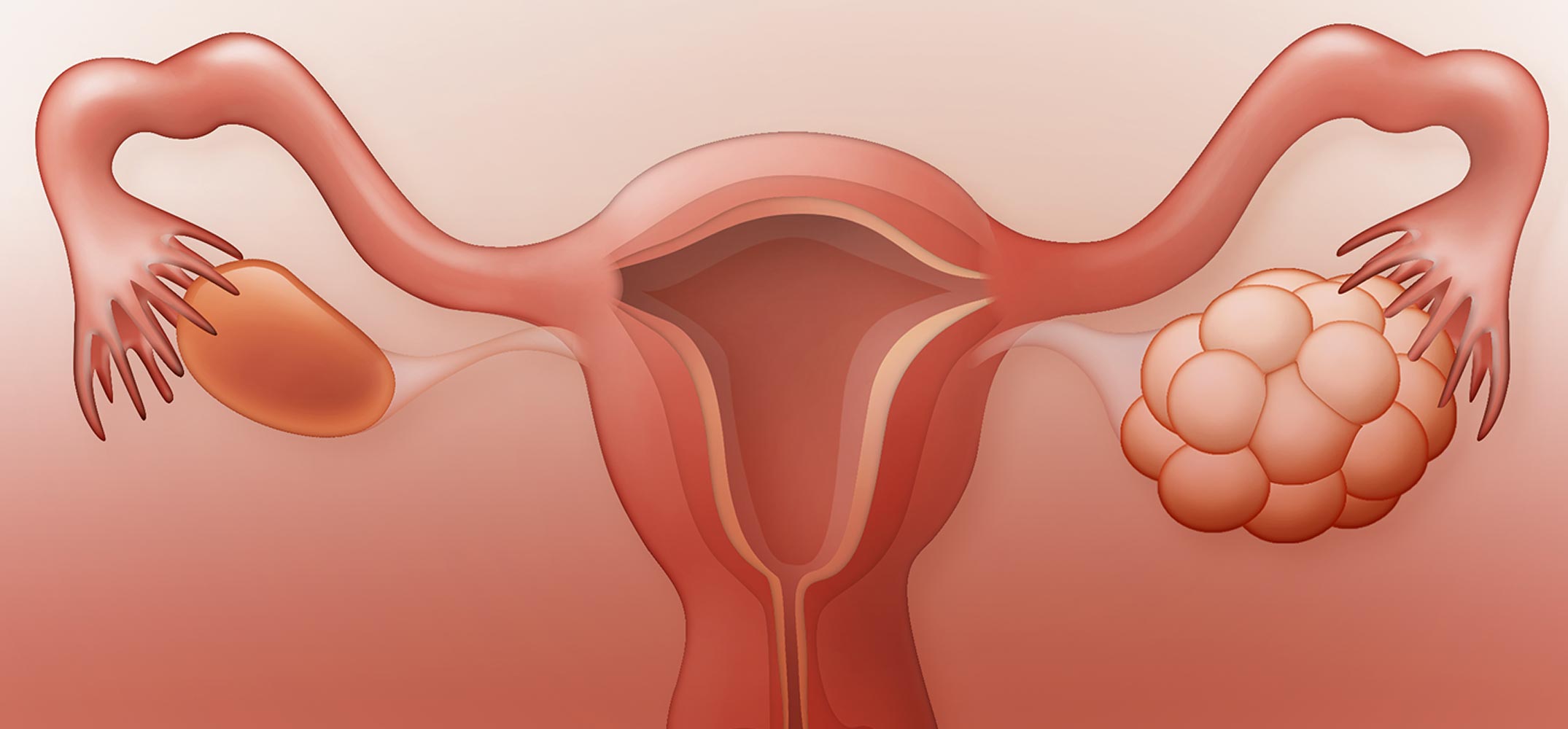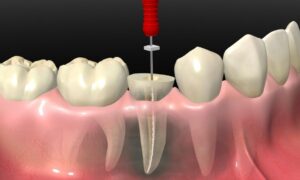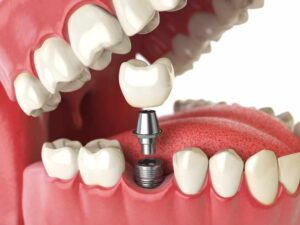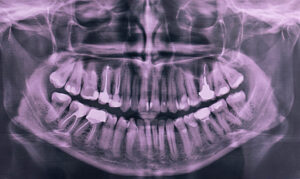It’s one of the most widespread fertility issues currently affecting women, it’s estimated as many as a fifth of women in the UK may be living with it, it causes a long list of symptoms from weight gain to depression, but it’s still not well understood. Today we’re asking ‘what is polycystic ovary syndrome’ in the hope that we can help more people understand it better and find better ways to live with it and combat the symptoms.
How Does PCOS Work?
We don’t yet know what triggers the condition – or even if the trigger is environmental, genetic or a mixture of the two. Once it is triggered, however, your body begins to produce too much insulin. As a result two things start to happen: firstly, your body starts to resist the effects of the insulin. This starts a feedback loop whereby your insulin resistance causes you to gain weight, which causes you to produce more insulin, which leads to more weight gain, and so on. It also causes your produce to start making too much androgen. Androgen is normally thought of as a male sex hormone, and while that’s not the full story, it is true that too much has an impact on a woman’s reproductive processes.
One of the biggest questions people have after a PCOS diagnosis is “do you ovulate with PCOS?” While people know it affects this vital process, it’s not widely known the extent to which PCOS affects ovulation.
In normal conditions, your ovaries mature as many as 20 eggs during the first phase of your menstrual, with the healthiest one selected to be ejected into the fallopian tubes, and the others being absorbed back into your body. The extra androgen slows this process down, meaning that your ovulation could be delayed, making it hard to predict when it’s going to happen. It could even cause your body to skip ovulation, leaving the eggs lingering in the ovaries – the cysts that give this condition its name.

Other Symptoms
PCOS doesn’t just have an affect on your reproductive system. Other symptoms caused by the interactions of those excess levels of insulin and androgen include patches of skin discolouration, hirsutism (hair growing in unwanted places), weight gain and increased reports of depression and anxiety.
Addressing PCOS
PCOS is difficult to treat, as it’s so deeply rooted in your body – there’s no infection to cure, no disease to kill off. What you can do is try to unwind that feedback loop of weight gain and insulin resistance. It means taking care with your diet, and fighting your own body to try and lose some of that excess weight, but if you can lose even a little, your body will start to wind down its insulin production, and you’ll see a lessening of intensity in all the rest of your symptoms as well your general health.




